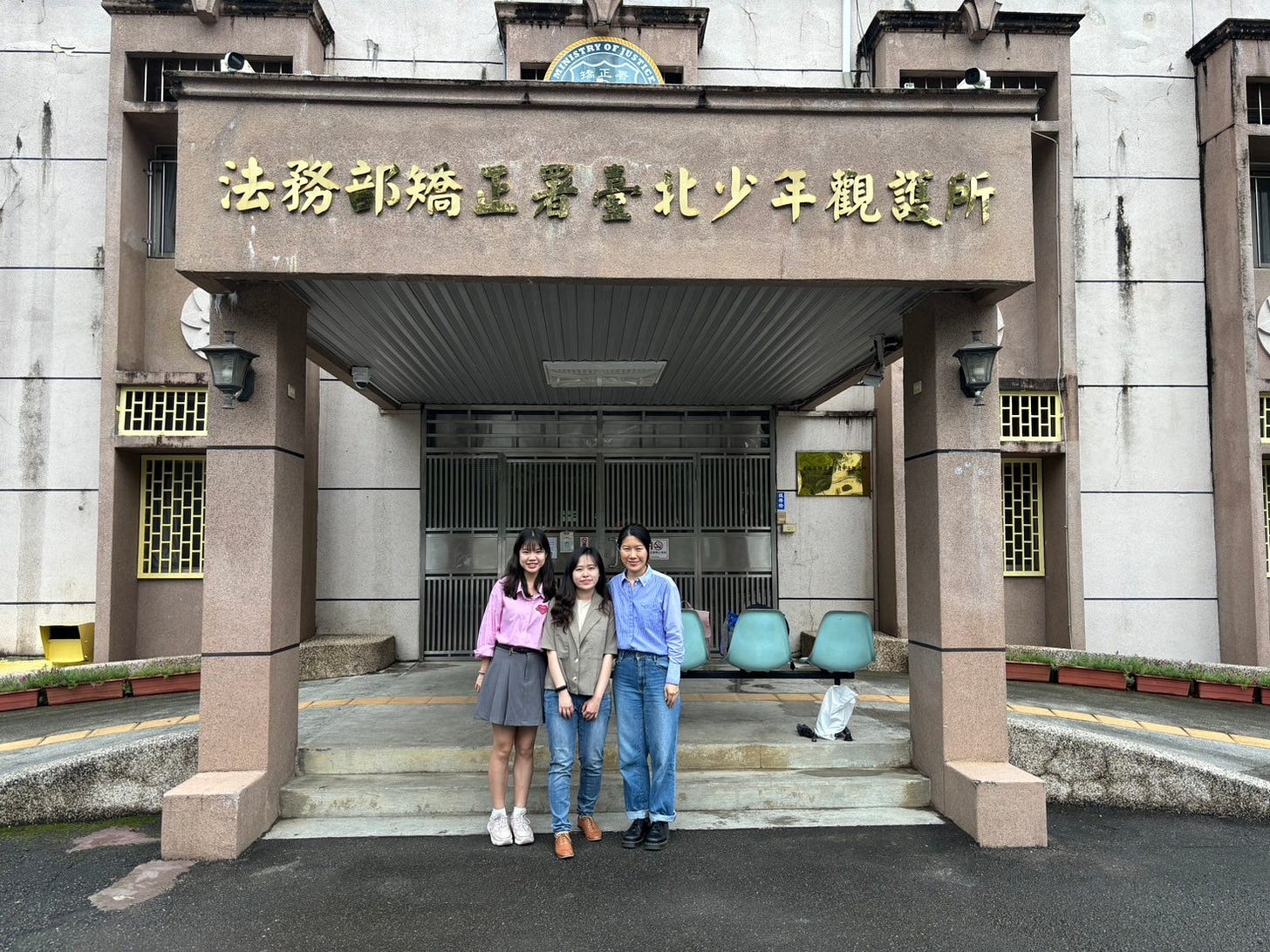Letting go of English and other language stories
Plus, book club on Claire Keegan's novellas and Claire Messud's THIS STRANGE EVENTFUL HISTORY
Michelle here. I recently finished co-teaching a course at a juvenile detention center in Taipei (台北少年觀護所) along with a librarian, Peggy Huang, and a college student at NCCU, Rebecca Hsu. I have no illusions that I changed any lives; the class was too short, the conditions in their lives can be crushing, and I still don’t know much about the young women or what they’ve been through. But it’s amazing what you can do with students in one hour, if you’re intentional about the time. This in turn has reminded me how precious an hour can be.
We wrote poems from the perspectives of objects. We invented dialogue for scenes from graphic novels. We acted out other scenes. (I played a hungry meowing cat, then a guy who hates cats.) We imagined writing books about our lives, creating tables of contents with chapter titles. We decorated our notebooks with pretty sticker tape. (Everybody loves stickers.) The last day, over apple juice and cookies and Haribo bears, we shared our favorite moments from…
Keep reading with a 7-day free trial
Subscribe to A Broad and Ample Road to keep reading this post and get 7 days of free access to the full post archives.



